Edward Hammond Hargraves is credited with finding the first payable goldfields at Ophir, near Bathurst, New South Wales, on 12 February 1851. News of gold spread quickly around the world and in 1852 alone, 370,000 immigrants arrived in Australia. By 1871, the national population had trebled to 1.7 million. The Australian gold rushes transformed.. Eureka Stockade. During the 1850s, people from around the world flocked to the Australian goldfields. They had to purchase licences in order to earn money from prospecting for gold in these fields. In 1854, a miners' protest about the licence fee and their political rights resulted in a rebellion in which both soldiers and miners died.
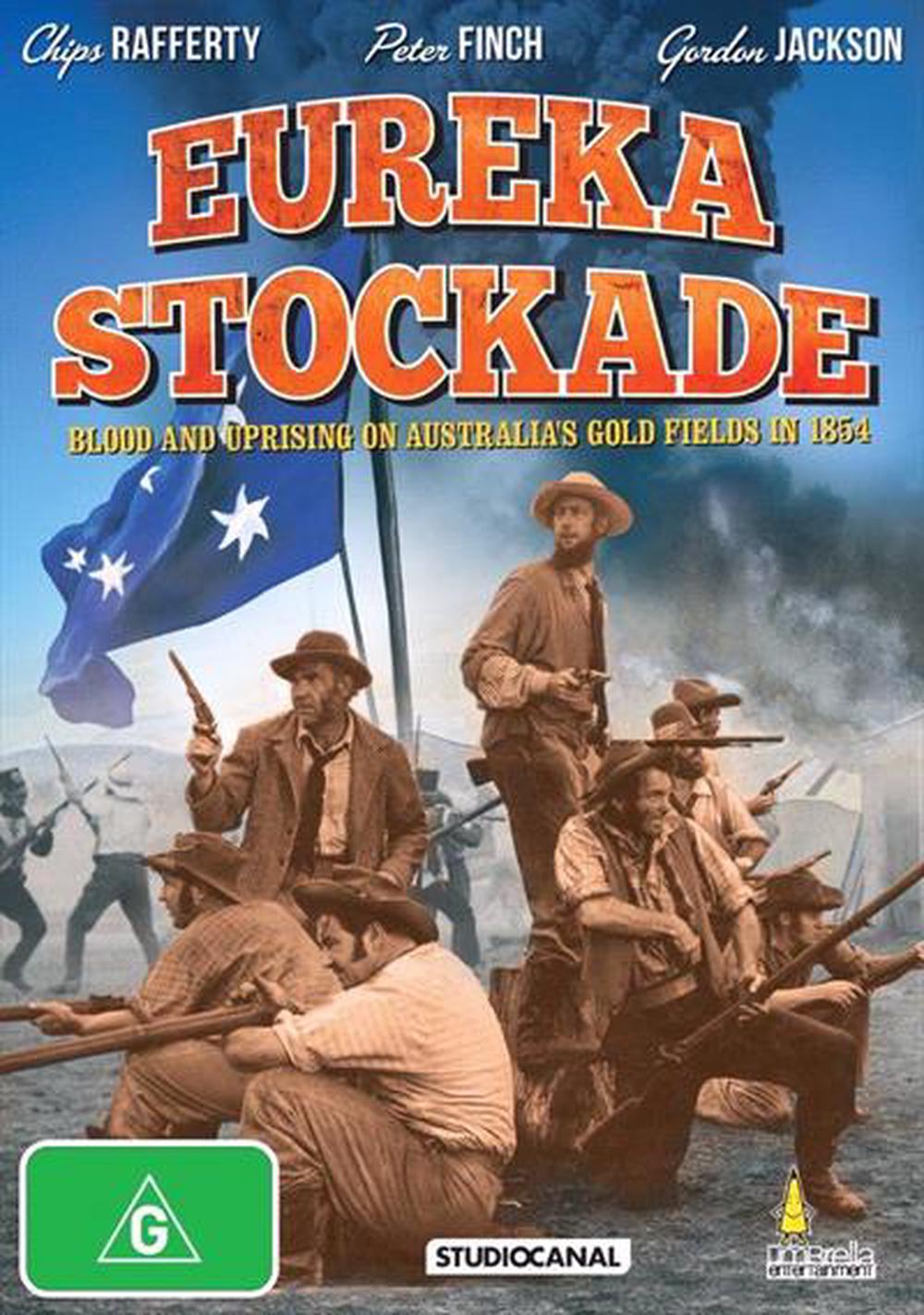
Eureka Stockade, DVD Buy online at The Nile

Eureka Stockade Film Poster by John Minton — Pallant

From the Archives, 1854 The Eureka Stockade
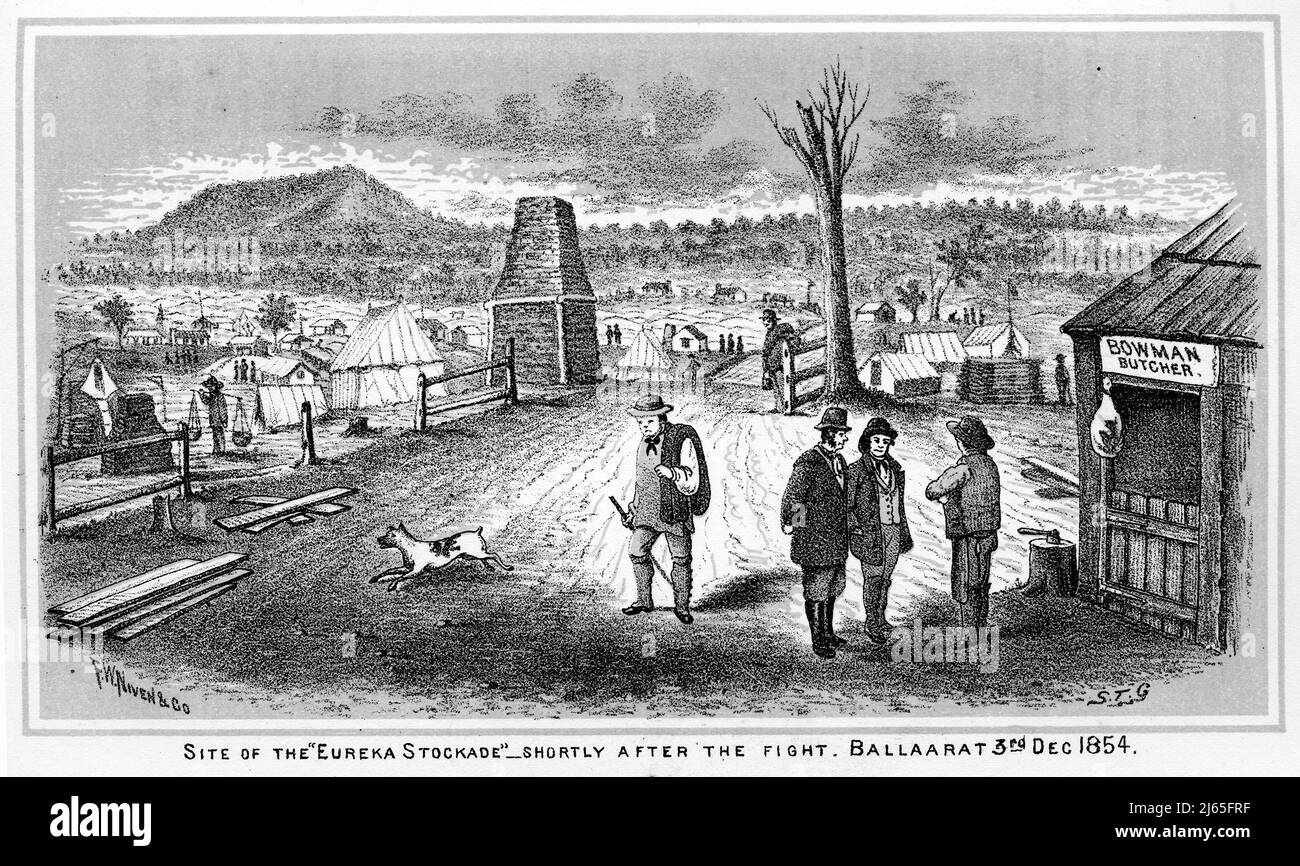
Eureka stockade site hires stock photography and images Alamy

Prime Video Eureka Stockade (1984 TV Miniseries)

Site of the "Eureka Stockade"Shortly after the fight Ballaarat 3rd Dec 1854. Antique Print
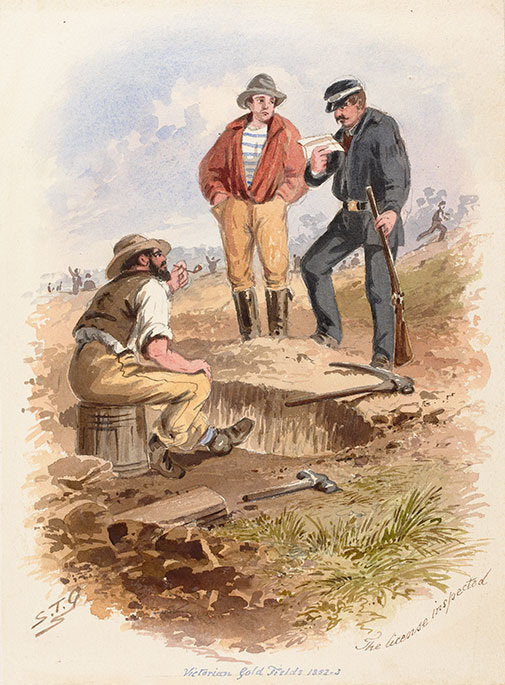
Further Information Eureka Stockade CBHS Year 5 History
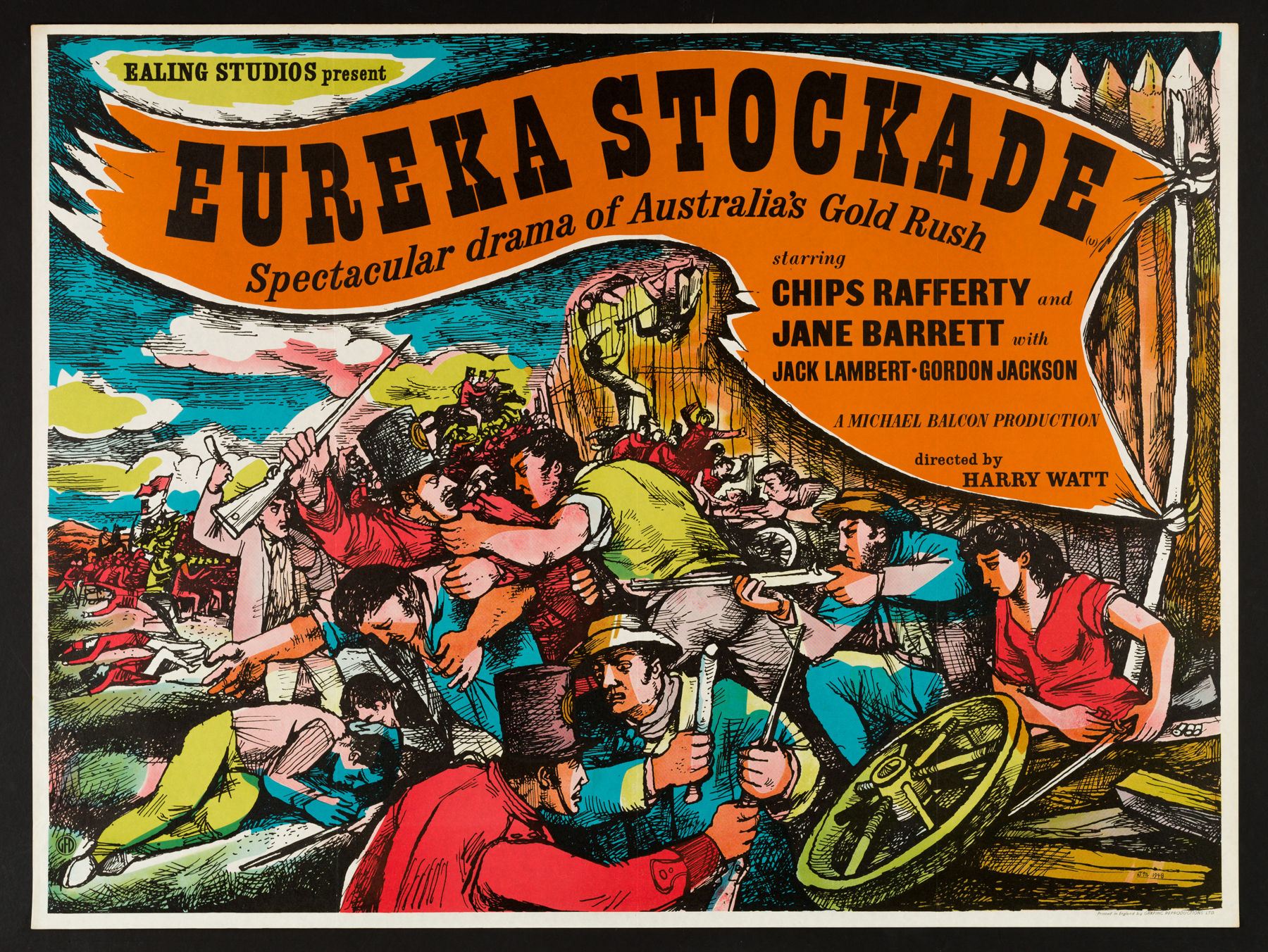
EUREKA STOCKADE (1949) Ealing Classic Original Vintage UK Quad Movie Poster Picture Palace
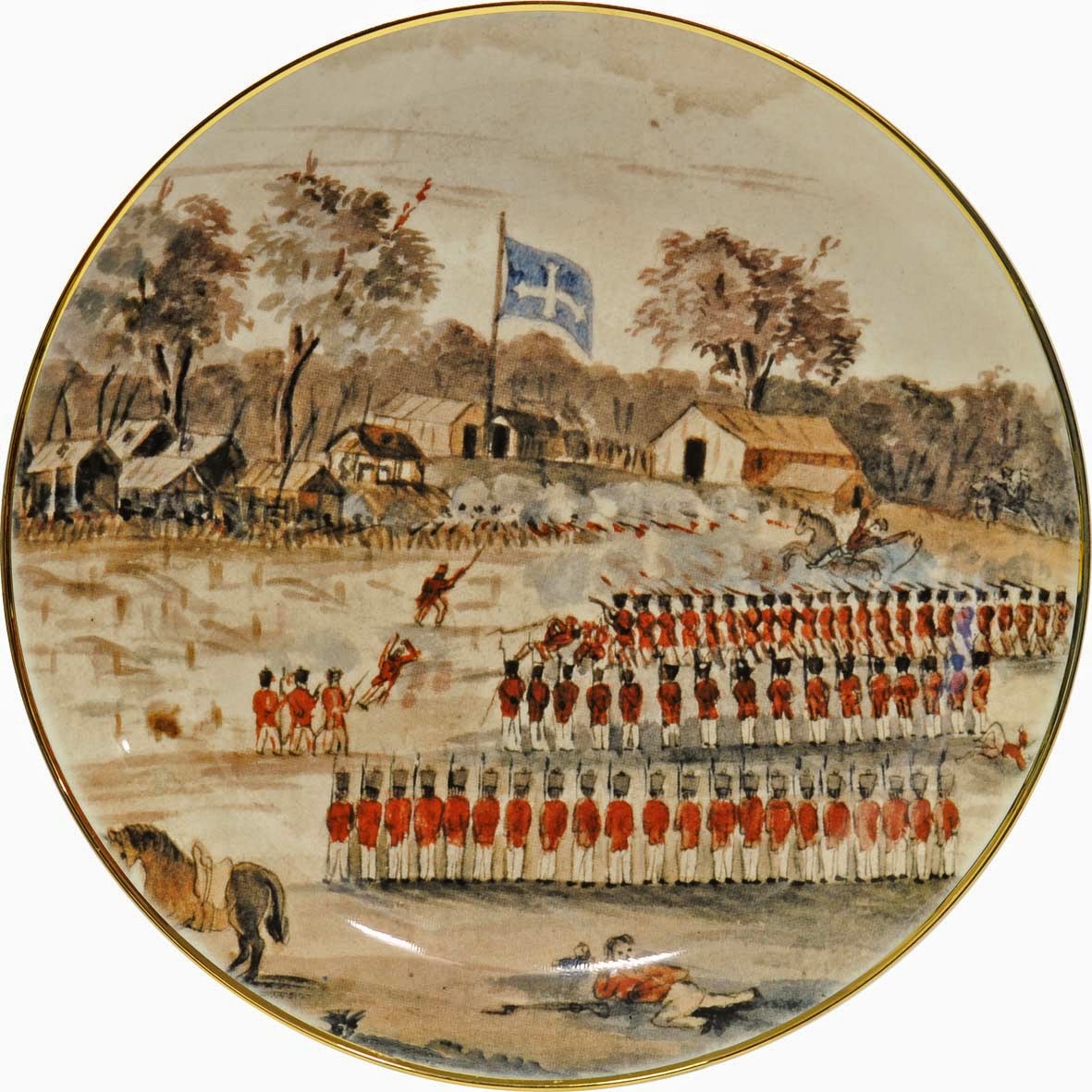
ART and ARCHITECTURE, mainly the birth of democracy in Australia Eureka Stockade 1854

Eureka Stockade (1984)

Eureka Stockade (1949) clip 3 on ASO Australia's audio and visual heritage online
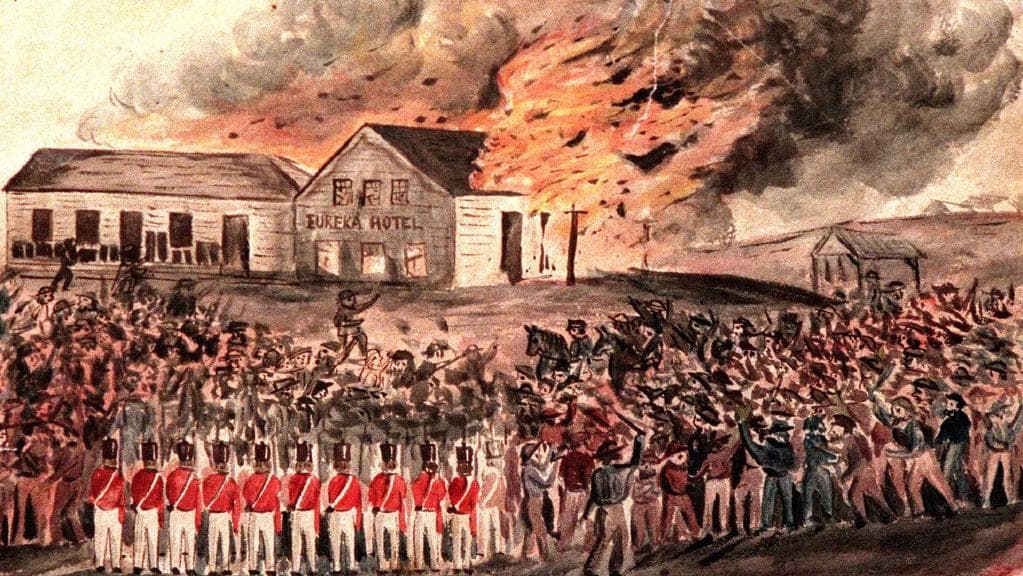
Eureka Stockade Facts for Kids
"Eureka Stockade" British soldiers attack Australian miners during the Eureka rebellion of 1854

PPT The Eureka Stockade PowerPoint Presentation ID2474298
Remembering the Eureka Stockade, 167 years after miners’ rebellion Workers BushTelegraph
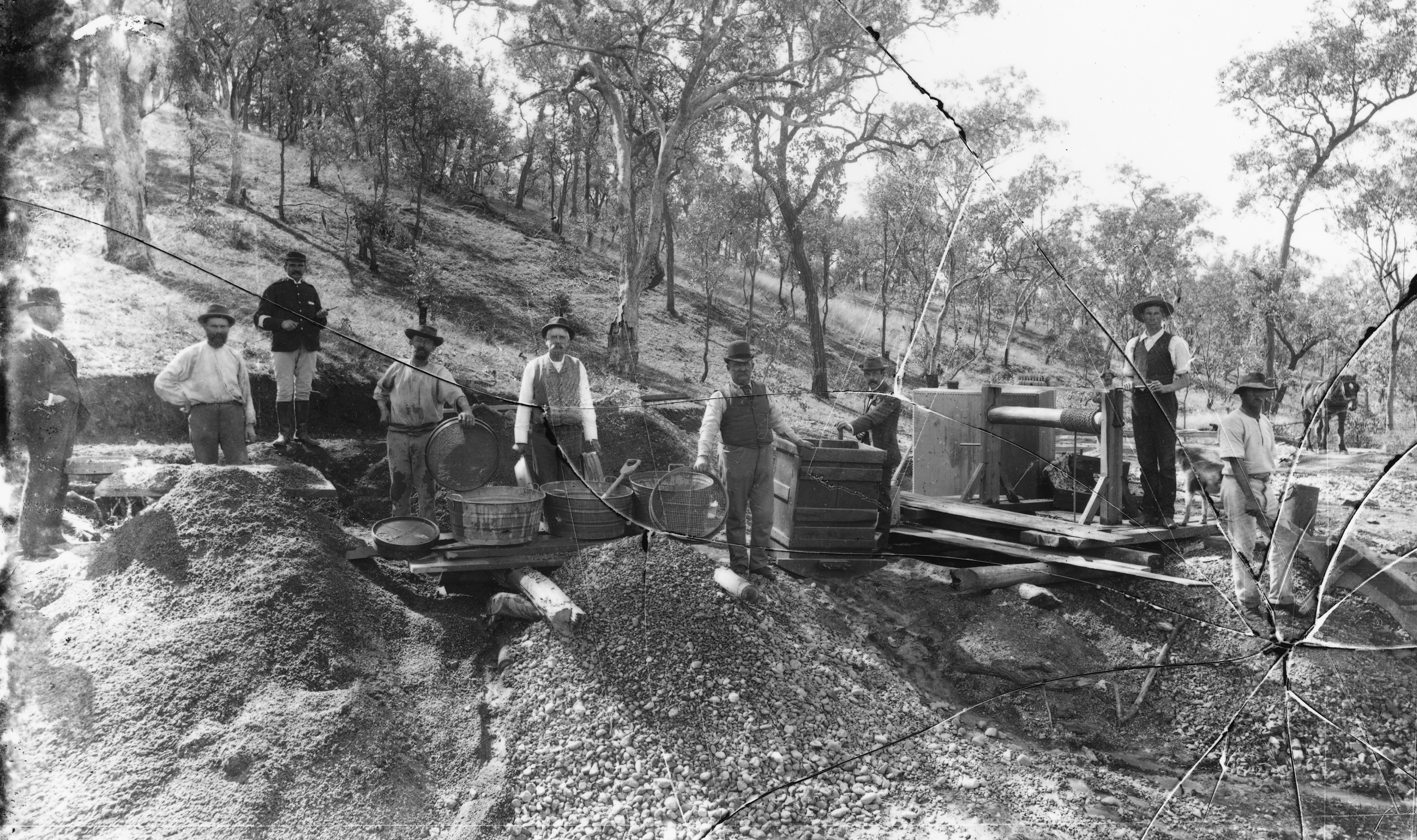
Eureka Stockade Day Australia’s 160th anniversary of democratic rebellion remembered
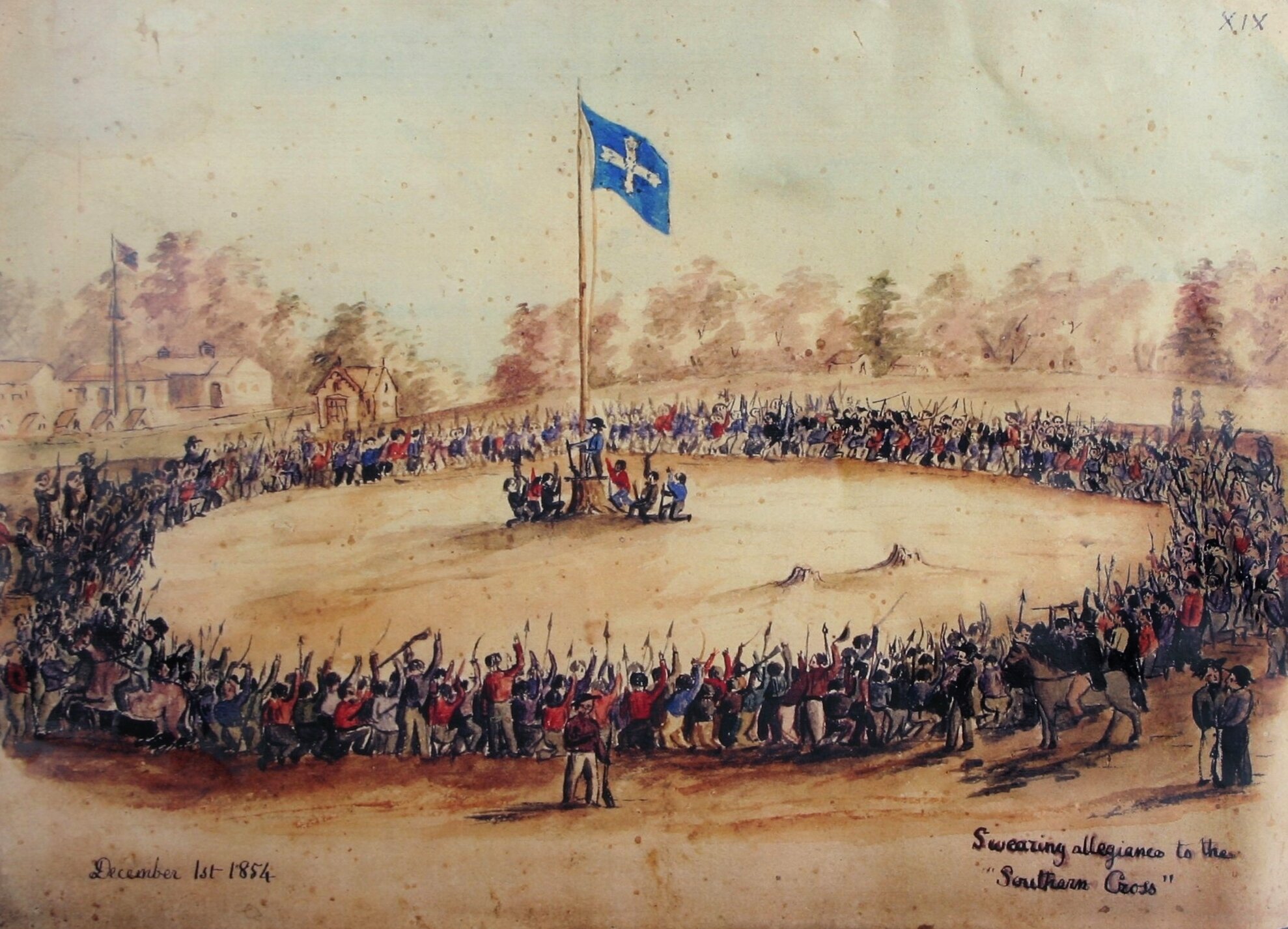
The Eureka Stockade Australian Trade Union Institute

Eureka Stockade Australia History

Eureka Stockade (1984)
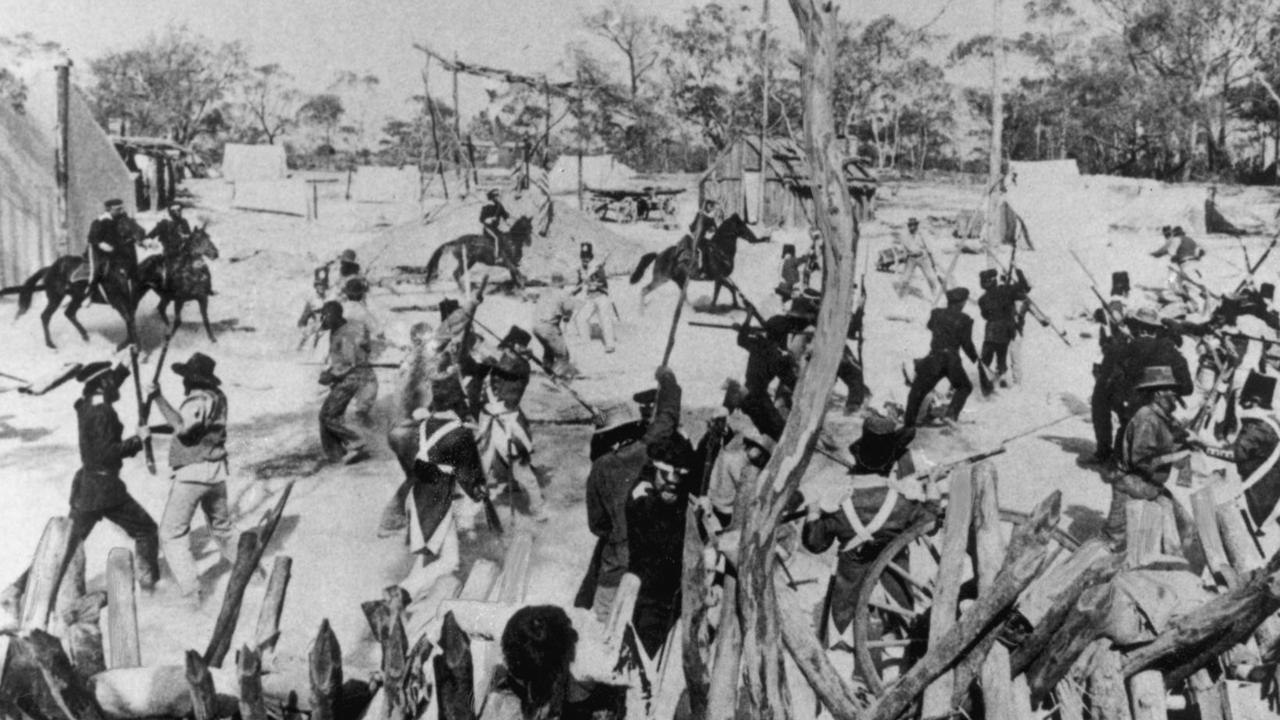
Eureka Stockade Facts you may not know about the 1854 battle and birthplace of Australian
Eureka Stockade. The Eureka Stockade was caused by a disagreement over what gold miners felt were unfair laws and policing of their work by government. Miners were unable to claim the land on which they worked, and so risked being relocated at a moment's notice. They were also required by law to buy a licence and carry it with them at all times.. The only account of the Eureka Stockade written by an active participant, apart from Peter Lalor's own narrative published in the Argus in April, 1865, is the lively description of and comment on the event by John Lynch, one of Lalor's captains in the fight. There is, of course, Carboni Raffaello's picturesque and delightful book on Eureka, but Carboni, according to his own frank.